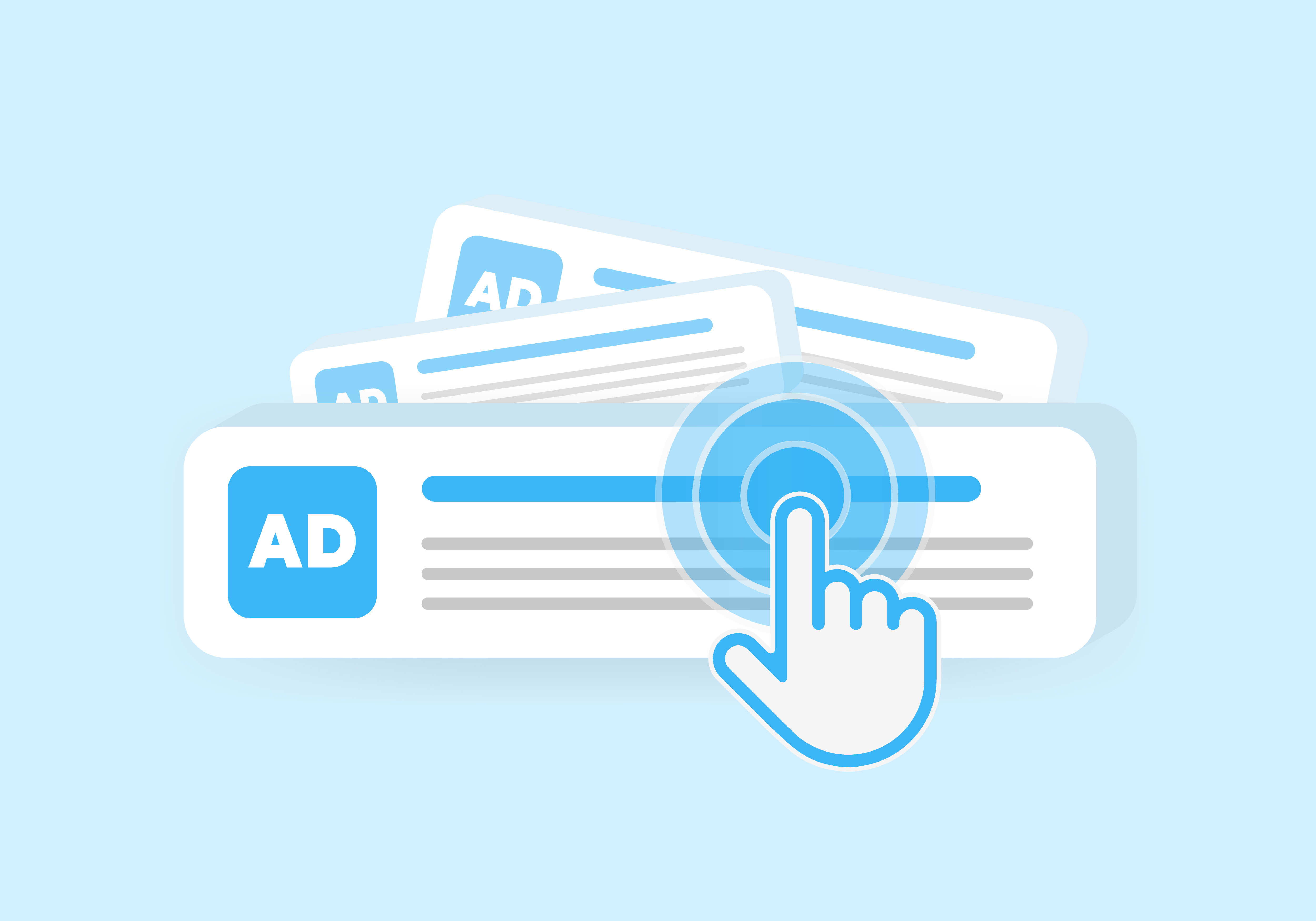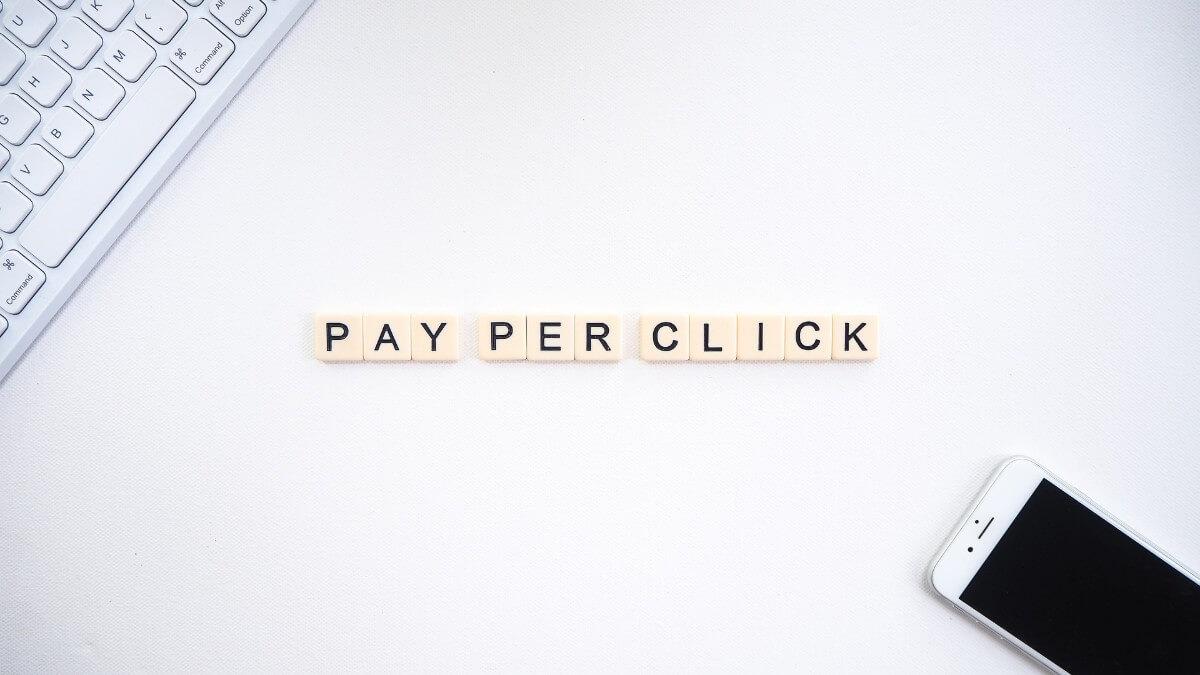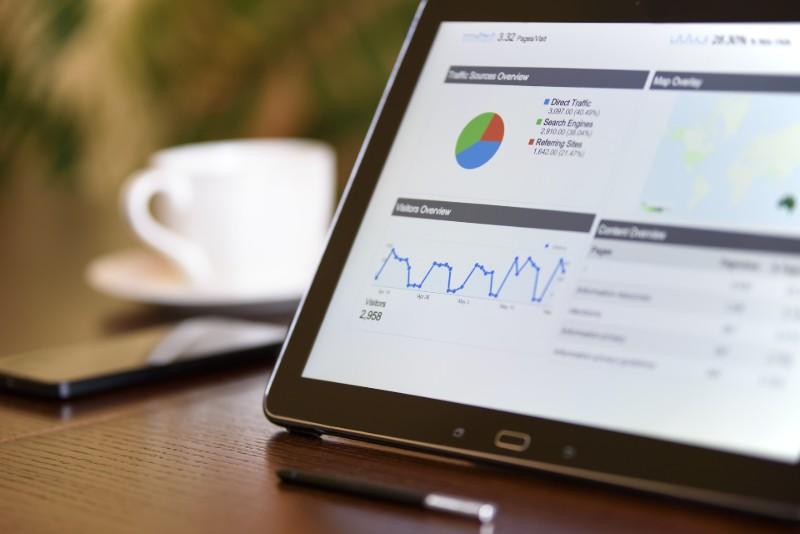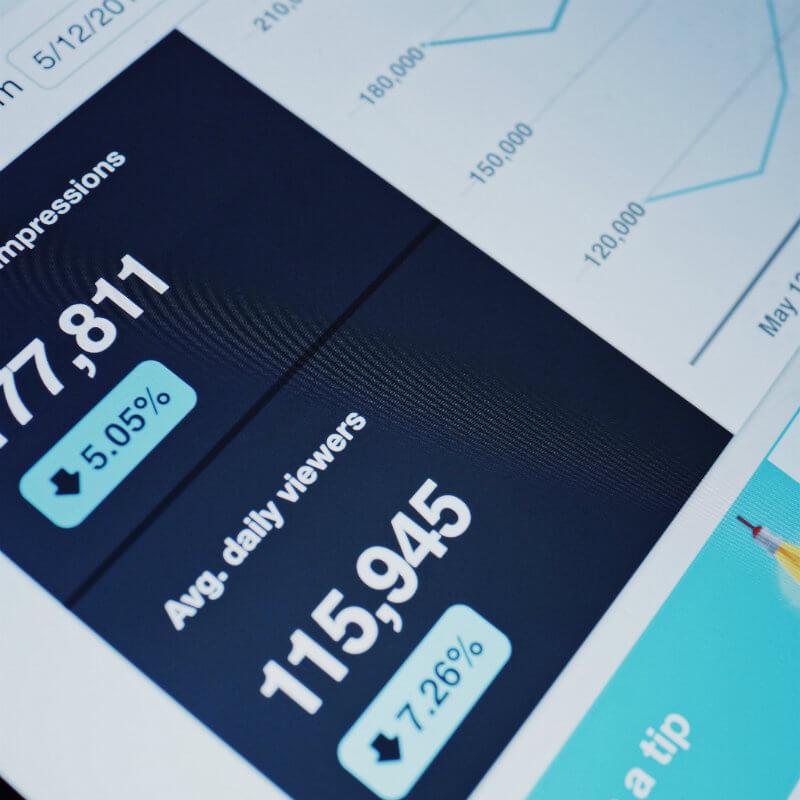Blog

Pay-per-click (PPC) advertising is a powerful digital marketing strategy that allows businesses to reach a targeted audience in order to create brand awareness, generate quality leads, boost sales, and more. When done effectively, a PPC campaign can drive powerful results. However, there are some dos and don’ts to keep in mind to get the most out of your PPC strategy!
Pay-per-click advertising can be a great way to drive traffic to your website and promote brand awareness. It’s also the most cost-effective method of gaining customers and expanding your presence in the marketplace. However, setting up an online advertising campaign isn’t as simple as you may think. At Addison Clark, we spend hours creating compelling graphics and copy to attract prospective customers and continuously monitor each campaign’s performance. We also ensure your ad matches the content and aesthetic of your website to allow for a seamless customer experience. If these elements are unaligned, advertisers are less likely to present your ads to users, resulting in loss of potential revenue.

We all know the importance of digital ads. Whether it be through Google or a social media platform, it is an effective way to get your business, product, or brand in front of consumers. Your ads can specifically target a demographic or geographic location, and can even determine frequency and placement on your consumer’s screen. While this is all great marketing, you may stumble across a plateau for your ads and this could be due to stale or underwhelming content.

If you've been on the Google Ads platform this month, you may have noticed there is a metric missing. Google Ads has done away with reporting the average position metric as of September 30, 2019. This was a popular metric for determining where your paid ads were positioned in search results.
So, what now?
While the average position was a tangible metric, Google has introduced two new metrics in its place: search top impression rate and impression absolute top rate. While they are not apples to apples, these two metrics can help fill the void of average position.

Pay-per-click advertising, also known as PPC, is popular among small businesses who want to increase their brand awareness and sales. There are many advantages, as well as some disadvantages when it comes to PPC. The most important thing is to make sure you have the time and resources to dedicate to a PPC strategy in order for it to be effective.

The decision to invest in a search engine optimization (SEO) strategy or pay-per-click (PPC) marketing — or both simultaneously — depends on the state of your business and specific marketing goals. There is no one-size-fits-all answer to this question. However, there are a few universal truths about SEO and PPC that can inform your decision.
PPC produces faster results while SEO is a long-term strategy.
With PPC marketing, your business can be visible on Page 1 of Google within days. It is a fast way to gain visibility above-the-fold since paid search results are shown above organic results on search engines like Google. On the other hand, gaining optimal rankings in organic search can take some time. In fact, a new website can expect 6-12 months to achieve decent rankings in organic search results. Search engine optimization is certainly not an overnight process. So, why even bother?
![]()
There are several compelling reasons to invest in pay-per-click (PPC) marketing. As you're considering which digital platforms to use in your business' marketing, PPC should be a viable option. While PPC is available on several different platforms, the most well known is Google AdWords. These are the ads that appear above organic search results (indicated with a small icon).

Did you know that there are over 3.5 billion searches processed by Google every day? That's a lot of search traffic in one place! So how can your business capture the attention of a target audience right when they're searching for your product or service?
The answer is pay-per-click advertising, also known as PPC.
PPC is a great way for businesses to cut through the clutter online and get in front of potential customers right when they're searching for them. Whether you own a small or large business, PPC can be an effective online marketing tool for gaining customers.
Like what you read? Want to see more blog posts?
Have a marketing question? Want to talk?



